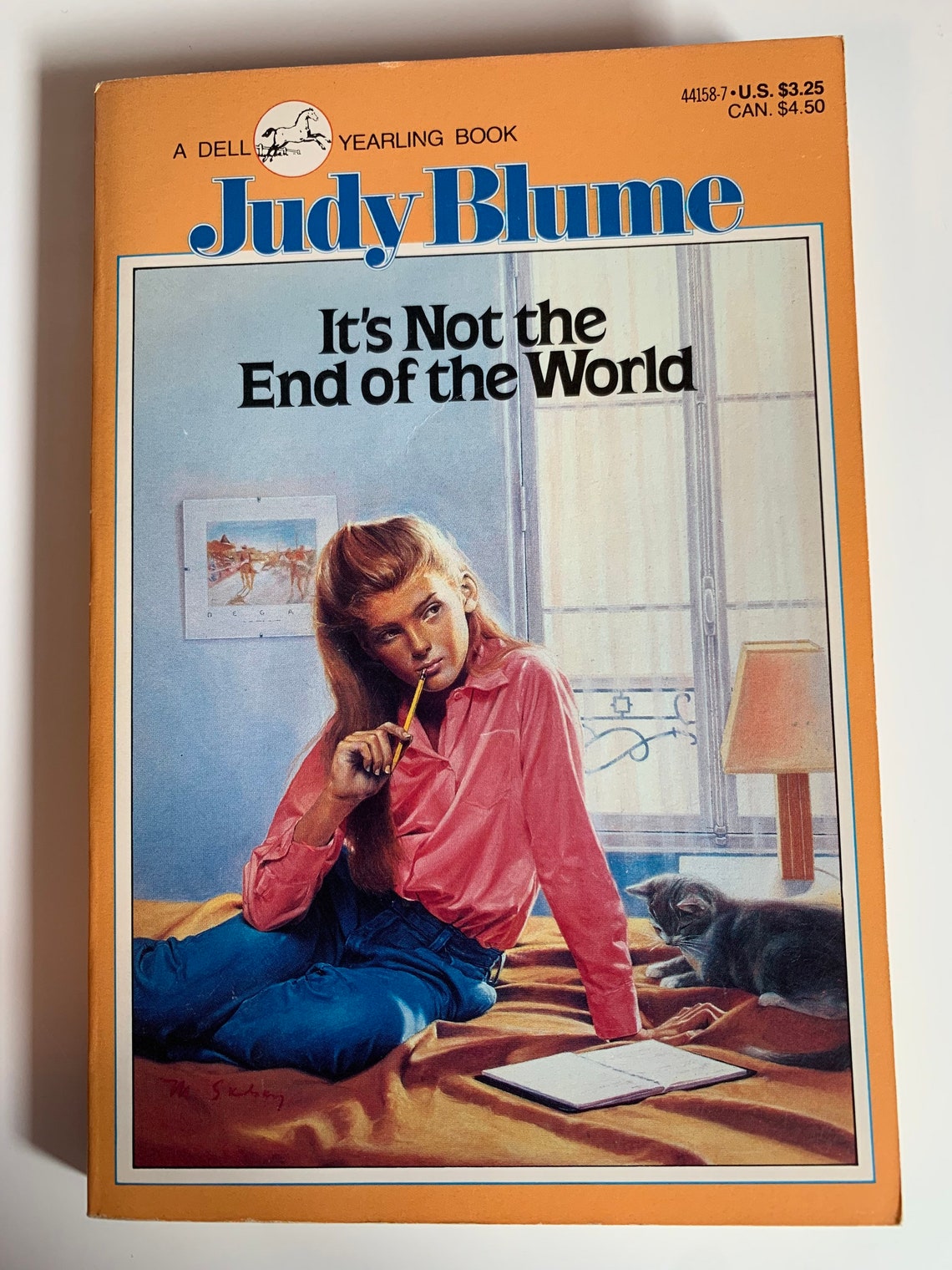


So by the time I wrapped up "The Poppy War" trilogy, I told myself: I'm never gonna lock myself into a project that doesn't have the ability to account for myself changing again. That whole time I was working on the same characters, the same plot lines, the same themes that I thought of when I was a teenager. I graduated college, I was becoming an adult, finding my own apartment for the first time. I think it's really hard to work on one project for five years, between the ages of 19 and 24, which is how old I was when I started and finished that trilogy. And I had to do that for "The Poppy War" trilogy. I hate doing the same thing multiple times in a row. What inspires you to change your writing style in such a way for each project? Well, I signed a few book contracts, so I wasn't allowed to look back!Īll of your books so far, the "Poppy" trilogy, "Babel" and now " Yellowface" have been in pretty different styles. And that's when I wrote my first novel, which became " The Poppy War." But I didn't write anything for publication until I was in college and took a gap year in between my sophomore and junior years. I was always coming up with stories and writing fan fiction, writing fictional versions of a diary that wasn't about me but about other characters who I thought were cooler. I think most writers I know just have always written compulsively, and that was certainly the case with me. " I thought it would be fun to jump to a novel that reads more like scrolling through Twitter." "Yellowface" is a novel about cultural appropriation, ambition, racism and the scandal-laden publishing industry, but at the story's core, according to its author, it's a thriller about friendship. One who dies tragically and early - and one who steals her friend's unpublished manuscript and racial identity. One who is hugely successful and one who has yet to make it. "Yellowface" is a standalone novel about two young novelists, one who is Asian and one who is white. She says, "I think the things that I research and am thinking about in an academic sense always trickle into my fiction, which is why so many of my main characters tend to be students."īut in her latest novel, " Yellowface," they are writers. Her fourth novel, " Babel: An Arcane History" drew upon her love of language, literature and academic settings.

The author of five novels, including a bestselling trilogy that started in 2018 with " The Poppy War," Kuang is a PhD student at Yale University, studying East Asian Languages and Literatures. Kuang how her work as an academic has influenced her work as novelist, she says, "Mostly it means that I don't have enough time to sleep!"


 0 kommentar(er)
0 kommentar(er)
